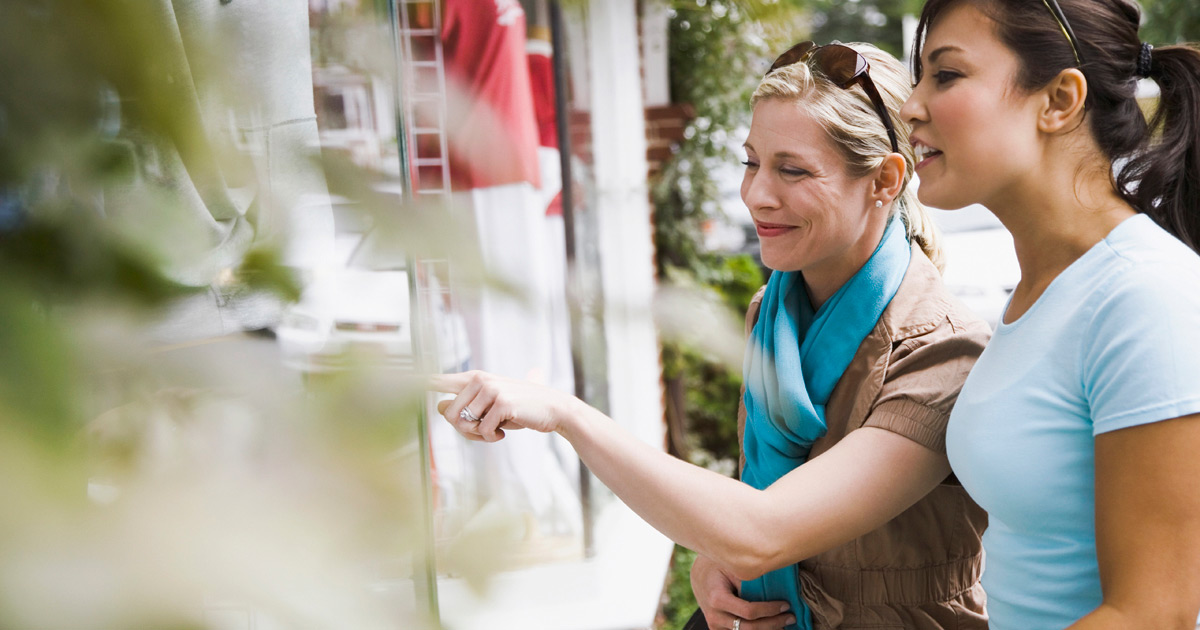Spending money is a big part (and often a fun part!) of life. Everyone knows that.
What everyone doesn’t know is that good spending habits are just as important to your financial success as saving money or getting rid of your debt. Smart spending habits keep you from paying too much for an item, overspending in your restaurant budget, or impulse buying a curling iron that doubles as a knife sharpener from an infomercial. Nobody wants that.
When you spend smarter, your money goes further. Check out these seven ways to put good spending habits into place so you can make smarter purchases.
1. Create a plan. Prioritize your spending based on what is important to you. Once you’ve determined your goals—perhaps getting out of debt or going on a vacation—put that at the top of your budget (after giving, food, shelter and utilities, clothing, and transportation, of course). Seeing that you’re planning a family getaway to a cabin makes it easier to avoid cutting into the savings by way of your daily cappuccino run.
2. Research before you shop. If you’re in the market to buy a big-ticket item such as a TV or washer and dryer, don’t point at a commercial and say, “I want that one!” Do some research, compare prices, and select a quality model. When you have the most information, you make the best decision.
3. Avoid your spending triggers. We all have those places or people that make us want to spend a little too much. Maybe it’s the sweet smell of the bakery around the corner or a friend who tells you how great that purse would look with those shoes in your closet. Limit your contact with those triggers so you can learn to spend in line with what you’ve planned. Try walking a different route so you don’t pass by the bakery and you aren’t lured by the scent of fresh-baked goods. Maybe you can invite a friend on a hike with you instead of going shopping. You still get to have your fun and, when it’s over, you’ll still have your money.
4. Find an accountability partner. For married couples, that would be your husband or wife. For singles, your accountability partner could be a trusted family member or a responsible friend. Discuss your big money goals with this person. Then talk with them before making big purchases. They’ll be able to remind you what you are working toward. The teamwork factor here is super important. If you get a goofy smile on your face when you see your neighbor pull up in a new car, your accountability partner can remind you to focus on your current money goal. Your new car will come later.
5. Develop patience. Take your time. Just 24 hours should do the trick. Don’t worry—it will be there tomorrow. You’ll typically wake up the next day with a little less excitement over the purchase, which can help you make a more rational buying decision.
Increasing your income and saving money aren’t the only ways to make a difference in your budget. How and when you spend can impact how much money you have to work with to achieve all of your money goals. Try creating some smart spending habits of your own during your next travel!
[vfb id=4]



